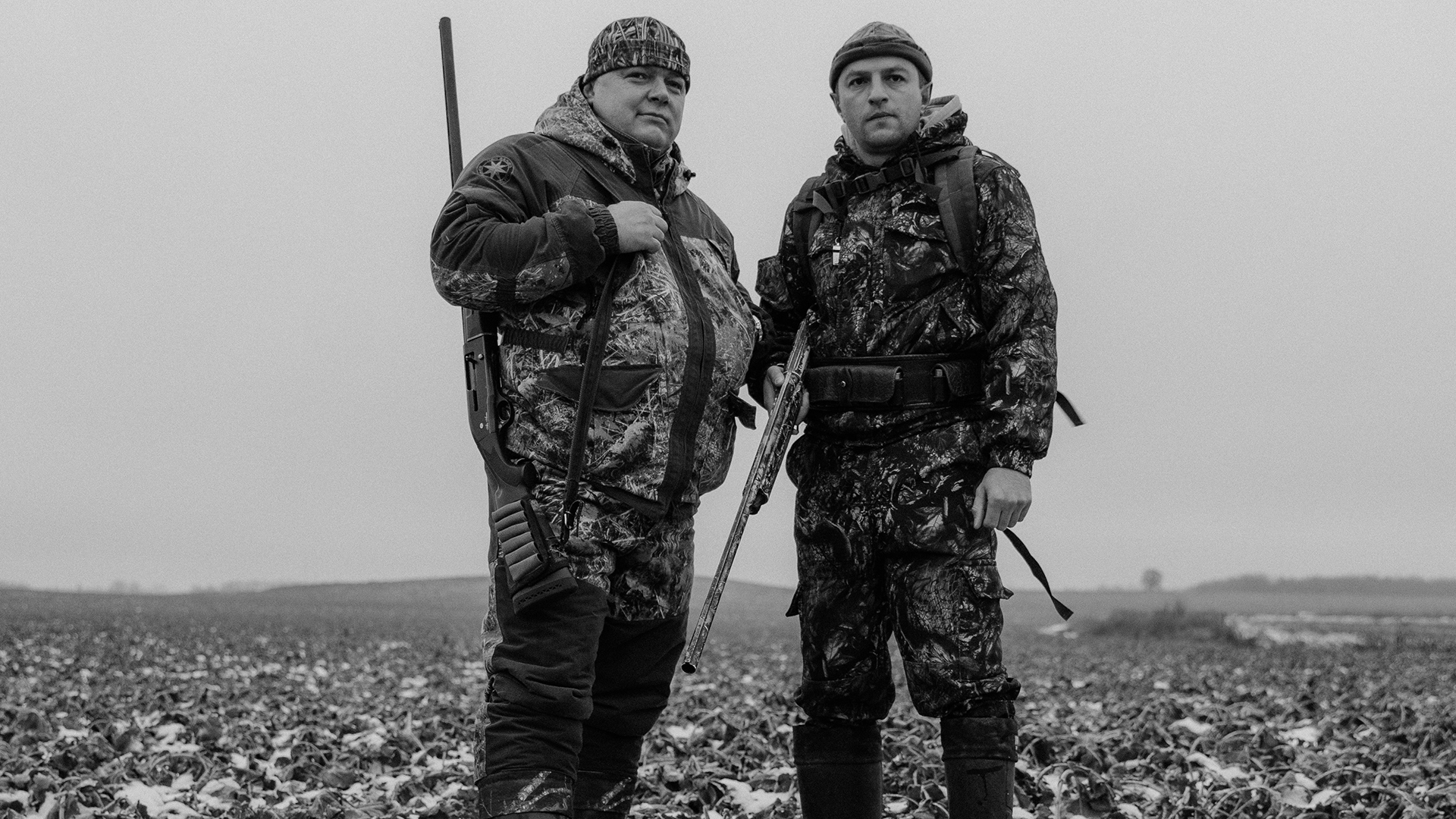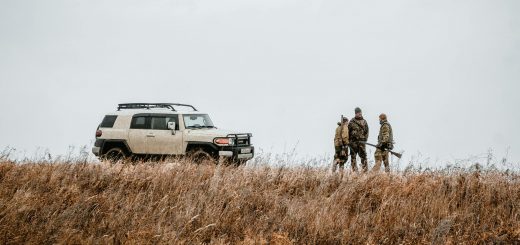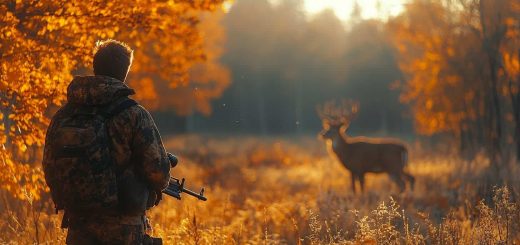Tips for Hunters and Non-Hunters
For many of us, taking to the woods or fields for a hunt is an exciting way to spend time in nature. But for those who are new to hunting — or even those not planning on pursuing it at all — there’s still plenty that can be learned from veteran hunters about respecting and understanding the environment around us. Whether you’re an avid hunter looking for ways to make your life outdoors easier or just seeking advice on how to behave ethically around wildlife and land-owners when out enjoying nature, we have some great tips in store. Read on to learn more!
For hunters – how to choose the right hunting gear and what to do when you bag your prey:
When choosing hunting gear, it’s important to select pieces that are comfortable, functional, and safe. One of the first things to consider is clothing which should be weather-appropriate and fit well enough so as not to restrict your movements. Be sure to also bring adequate supplies of food and water in case you get lost or stranded during a hunt. Additionally, make sure you have the proper licensing and permits required for the area in which you’ll be hunting. And finally, always take care when removing an animal from its habitat—make sure it’s dead before handling it in any way, and never leave behind remains or waste.
For non-hunters – how to stay safe in the woods during hunting season and what to do if you see a hunter:
During hunting season, everyone needs to take precautions to stay safe. In particular, hikers and other outdoor enthusiasts should wear brightly-colored clothing so as not to blend in with the environment around them. Avoiding wearing white or tan colors is also recommended as they can easily be mistaken for a game. Also, be aware of your surroundings and try to remain near areas that are more heavily trafficked by people (even on weekends!). If you spot a hunter in the distance, do not approach them — instead find a place where you feel comfortable and wait for them to pass by.
Differences between hunting for sport and hunting for food:
Hunting for sport involves the pursuit of animals primarily for recreational purposes, such as competitions and trophy collecting. Conversely, hunting for food is generally conducted to obtain meat or other parts of an animal that may have nutritional value. In both cases, however, it’s important to understand and respect wildlife populations so they’re not over-hunted or caused harm in any way.
The benefits of hunting and why it’s important to keep the tradition alive:
Hunting has been a part of human culture for thousands of years and is still practiced today by many people around the world. This activity can provide several benefits including helping maintain healthy animal populations, providing food sources for subsistence living communities, and offering valuable skills in tracking animals, sustainability practices, and environmental stewardship. It also teaches respect for wildlife and encourages an appreciation of nature, helping to preserve the integrity of our natural resources for generations to come.
How to get started in hunting, whether you’re a beginner or an experienced outdoorsman:
For those who are just starting, it’s important to learn the basics first — from firearm safety tips to proper game selection and more. Taking a hunter education course is essential for all new hunters as it covers the rules and regulations about hunting in your area as well as best practices when pursuing a game. Additionally, experienced outdoor enthusiasts may want to consider attending additional classes or seeking out mentorships with veteran hunters so that they can hone their skills even further. With these tips and guidance, anyone can start hunting safely and responsibly.
What to do if your hunt isn’t successful and why it’s important to stay safe and not get frustrated:
Hunting can be unpredictable and there are no guarantees that each outing will be a success. When faced with an unsuccessful hunt, it’s important to remain calm and patient — bucking up against nature is rarely productive. Instead, take the time to assess the situation and identify possible errors or missteps that may have been taken during the hunt so you can make adjustments in future outings. Additionally, focus on staying safe rather than getting discouraged — don’t take unnecessary risks just for the sake of increasing your chances of bagging something! Follow safety protocols at all times as this will ensure you get home safely regardless of what you do or don’t catch.
How to stay prepared while on a hunting trip:
When you’re headed out on a hunt, it’s important to make sure that you are properly prepared so that you can remain safe and successful during your outing. This includes bringing the necessary gear and supplies — like a first aid kit, navigation equipment, food and water, fire-starting materials, insect repellant, sun protection, etc. Additionally, make sure that you have the proper licenses and permits for each area where you plan to hunt and thoroughly review any rules or regulations for those areas beforehand. With these steps taken care of ahead of time, you can go into your hunt feeling more confident and secure in the knowledge that you have everything you need.




